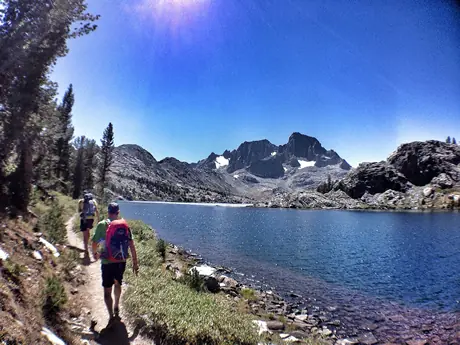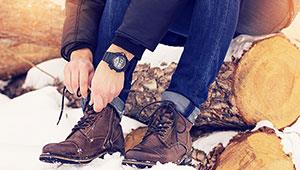
There's no denying that a lighter pack can help make backpacking less strenuous and more enjoyable. So, with all the high-quality backpacking gear that exists today, why are you still shouldering a 45-pound load? Here are four tips to shed weight from your pack for an ultralight backpacking trip.
More: 7 Best Smoky Mountain Hikes
1. Weigh Your Gear
The first step to shed weight from your pack is to think about your gear in terms of ounces instead of pounds. The best way to do this is to perform a complete audit of your current gear with a digital food scale that reads to the nearest tenth of an ounce. Remember that there are 16 ounces in one pound.
More: Hiking Checklist: What to Pack for the Trail
2. Make a spreadsheet
When you weigh your gear add the weight into a spreadsheet where you can take a full inventory of your gear. This will help to prioritize the items you need for an ultralight backpacking trip, without sacrificing safety and necessary gear. Categorize your inventory with these subheadings:
- Worm/Carried
- Other clothing
- Packing
- Sleeping & Shelter
- Hydration
- Cooking
- Toiletries
- Recording
- Lighting
- Medical
- Consumables
More: National Scenic Trails to Trek This Fall
- 1
- of
- 3
About the Author

Toby Guillette is an ultra-endurance athlete, outdoor-adventure blogger, social media expert for Active Network and contributor to ReserveAmerica.com. He's a two-time 100-mile ultra marathon finisher, and is certified in Wilderness Advanced First Aid. He recently completed the 221-mile John Muir Trail in 8 days, 2 hours, 35 minutes. He's also an expert on gear, having worked at REI and written product and race reviews for Active Network and his website, www.enduranceguy.com.









Discuss This Article